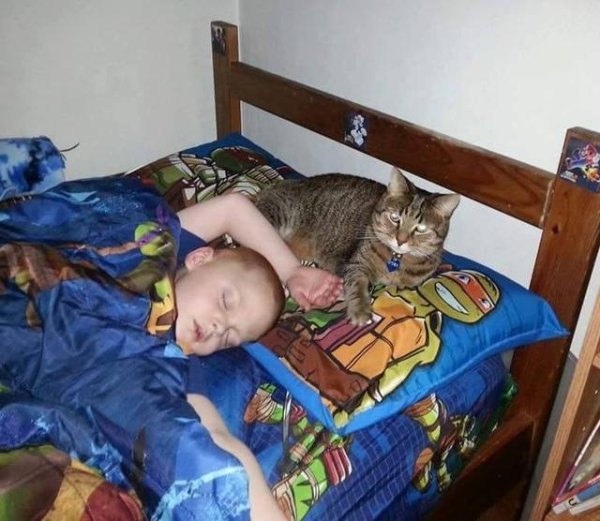What is the reason why dogs lick their feet crazy
Dogs frequently lick their toes, but it's not because they are hungry! It may be because the dog's small paws are injured!
· Bites nails, excessive licks the feet
· Hemorrhage of paws and cracked paw pads
Dogs like to lick your feet very much. Animal experts have something to say. Don't scold it and punish it
· Limp walking, incongruent
· Red feet (including hair)
· Feet smelly (it is already very serious at this time, it may ulcerate and can squeeze out pus)
How are you injured?
· Allergies
· Seasonal, food and contact allergies can cause swelling of the feet. At the same time, you can observe whether the dog is also accompanied by coughing, red ears, and red spots on the skin on the belly to determine whether the dog is allergic.

· Infection with
bacteria (staphylococci, proteobacteria, etc.) and fungi (dermatophytes, bacteriomycosis, etc.) can cause swelling of dog's feet, accompanied by itching, redness and odor; in severe cases, pus will also be excreted.
· The most common example of foreign objects
is broken glass, nails stuck on the toes or meat pads, which will only cause swelling of the feet. If not taken out in time, it is easy to get infected with bacteria and aggravate the deterioration.
· Tumor
squamous cell carcinoma, melanoma, mast cell tumor, exocrine carcinoma.
· Damage/burn
toenails (dog's toenails contain blood lines) are broken and the flesh pads have wounds; scratches caused by playing on hard grounds after time; hot ground can also burn the dog's flesh pads.
· Heart problems
Swelling of the feet can also be accompanied by coughing.
· Joint problems
Slow movements, lameness, swollen, inflammation, and even some deformations in the feet, which are likely to be a problem with arthritis; they usually occur in elderly and large dogs.
· Overworking
Dogs can also swell their feet.
· Hormone/metabolism
Hypothyroidism, dry creeping syndrome, hyperadrenal corticosteroids.

· Toe fracture
The foot is swollen, but it will not affect the legs and walk slowly.
· Insects/bee stings
are bitten by spiders, wasps, bees, etc., and are usually limited to the surface of the claws.
Note: Allergies, infections, hormones, tumors, etc. can also cause intertotor cysts (intertotoritis); in addition, dogs will also lick their feet when they are bored, which needs to be stopped in time, which can easily cause later compulsive licking.
Once you notice that your dog is abnormal in movement or repeatedly licking your feet, parents should pay attention and check in time; the movements must be gentle during the examination to avoid the dog from doing harm to you due to pain.
What can we do?
· After taking out foreign objects on the feet, clean them up, and then disinfect the wound with iodine/alcohol. If there is serious inflammation, infection and bleeding, please rush to the hospital, and antibiotics may be needed. (For example, nails, to avoid rust invasion, tetanus should be broken)
· Meat pad damage
After cleaning the meat pad, apply lip balm/aloe vera/Vaseline (you can wear baby socks to prevent dogs from touching), 1-2 times a day until it heals.
· Overwork/scald on the ground
Soak your feet in warm water of baking soda (1-2 spoons of baking soda + 4L water) to relieve redness, swelling and irritation; 3-4 times a day, each time for 15-20 minutes, lasting for 1-2 weeks.
· Insect bites
You can try wrapping an ice bag with a towel and putting it on the swelling area for five minutes, at least twice an hour (dogs may not like it very much, it is best if someone helps). Being bitten by insects usually automatically reduces swelling in about 24 hours. If the swelling has not decreased after more than 24 hours, it is recommended to rush to the hospital to check for poisoning.
· Cysts infected by bacteria need to be removed by a large amount of antibiotics or directly surgically, and antibiotics are applied. A few days later (the specific time is determined by the doctor's examination), and then use disinfectant to clean/soak with disinfectant. If the dog's feet are ulcerated, cysts, pus discharged, etc., please take him to the hospital immediately for diagnosis by the doctor. If a serious cyst is severe, total finger web resection may be required.
Note: After the operation, the doctor will use a bandage to wrap the dog's feet. If you need to take it out, you can use baby socks or plastic bags to cover the bandages on the outside to keep the bandage clean and dry; parents need to change the bandage every 2-3 days, and pay attention to the fact that if the dog licks again, it may be infected again (Parents can bring Elizabethan rings to the dog if necessary to prevent licking/contact wounds).
How to avoid the damage of delicate little claws:
· Regularly trim the hair and toenails on the dog's feet to avoid causing discomfort during walking.
· Do a foot bath for the dog regularly and soak it in warm water for 10-15 minutes.
· If you dip your feet in water (bathing, rainy days) must be blown dry to avoid bacteria/skin diseases.
· If you take out the door when the weather is hot, you can try to feel the temperature of the ground with the back of your hands first. If there is a burn, it is not recommended to take your dog out.
· Wipe vaseline/aloe vera/lip balm, etc. on the soles of your dog's feet before going out in winter to avoid dryness and cracks.
· After returning from going out every day, check whether there are any foreign objects on the dog's feet and whether there are any damage to the meat pads.
· Regular internal and external deworming every month can prevent a series of skin problems in dogs.




